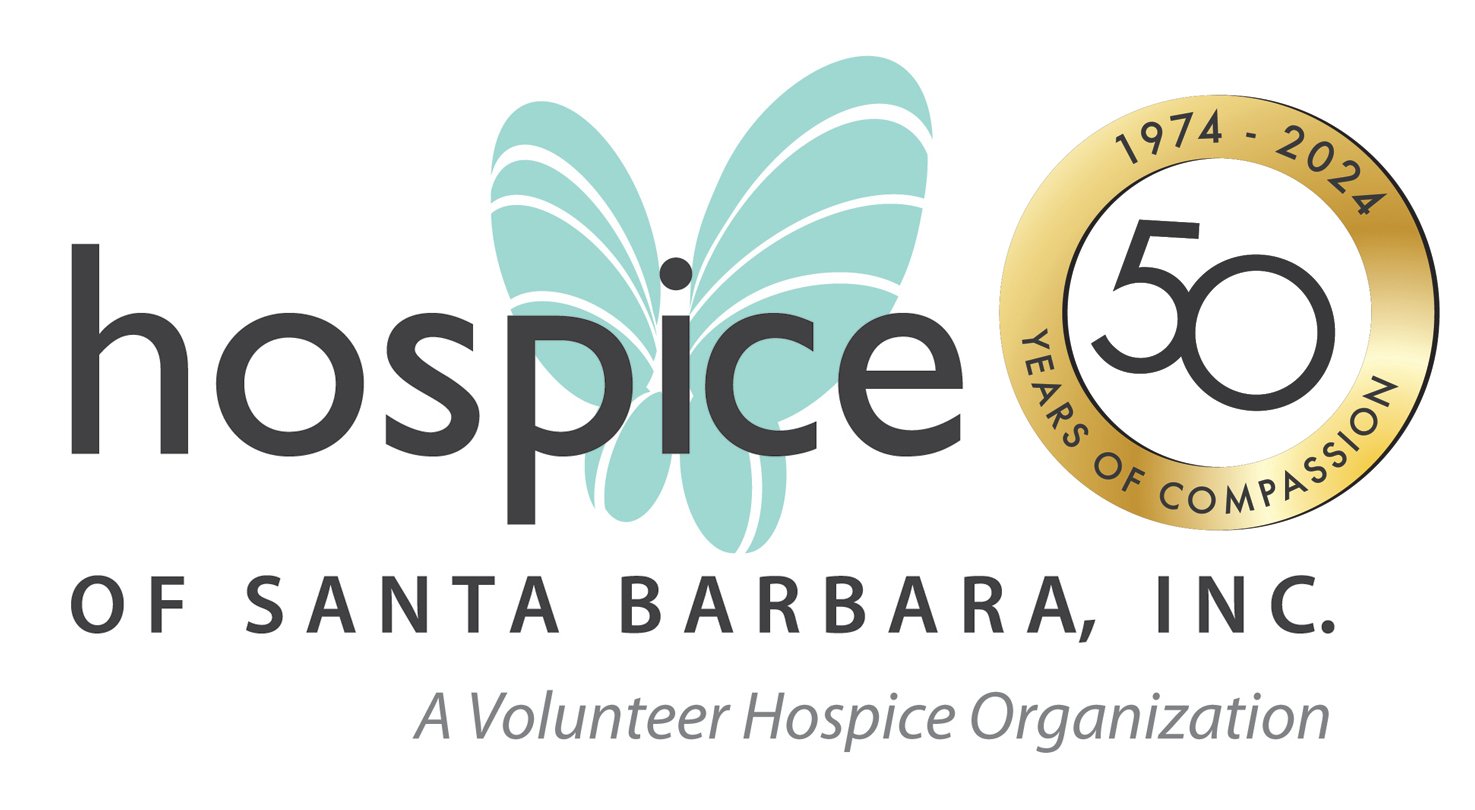By David Selberg | Published on 02.11.2016 3:45 p.m.
There is a common psychological term called “trigger” or ‘triggering,” which basically refers to occurrences and associations that can re-ignite painful feelings or memories.
One of the really beautiful thing about Valentines is that, in all its various forms, its always meant as a celebration of love.
On the flip side, those of us whose partner has died are inundated by painful reminders (triggers) of those who we have lost. By January, the Valentine’s Day marketing machine is in high gear hitting us from all angles.
For years following the death of my partner, I felt that pang of emptiness and despair when a romantic song would play on the radio or a well-intended friend would ask me how I was doing.
Valentine’s Day was definitely a day I tried to block out. Fortunately, I’ve had other relationships and time to heal.
But that hollow feeling never completely goes away. Moving on in a healthy way is the best thing we can do for ourselves and for others.
I learned how to reposition the loss in my mind so that it didn’t hurt as bad and I could reflect in a positive way.
Hospice of Santa Barbara would like to offer some helpful coping tools for both those who are grieving the loss of a partner or spouse, and for their friends and family who care about them.
If you’ve lost a partner or spouse:
» Appreciate friendships. This holiday is not exclusively for couples; it can be a time for you to share with others how special they are to you.
» Do something for others. Take the day off from work to volunteer somewhere close to your heart. Helping others can be a gift to yourself and help lift your spirits in meaningful ways.
» Treat yourself to something you love or have wanted to do for a long time.
» Plant a flower or garden as a permanent and growing symbol in memory of your loved one.
» Lean on your support. We all need a shoulder to lean on from time to time, and those who love you want to help. Try not to isolate yourself or pretend things are OK if they really aren’t.
» Allow yourself to set limits. It is absolutely acceptable to turn down invitations when your friends invite you to come out for Valentine’s Day.
If someone you know is grieving the death of a spouse or partner:
» Reach out. Call your friend to let them know you are thinking about them, and share a funny or touching story about their partner.
» Spread the love. Send cookies, flowers or another treat with a card that says something like: “I wanted to let you know I was thinking about you today.”
» Encourage Expression of Feelings. Allowing your friend to express his/her feelings and share memories may be a huge help. Try to listen without offering advice or interrupting them.
» Don’t be afraid to ask. If you normally celebrate Valentine’s Day as couples or in a group, you should still ask your friend with the loss to join you. Even if they decline, at least they know you did not forget or are avoiding them.
» Don’t be pushy. If your friend can’t bear to come out without his/her loved one on Valentine’s Day, let them know you will miss them, but don’t force them to come along.
Caring for yourself, caring for others, and the care of loving friends and family can make a tremendous difference on Valentine’s Day and every day. I wish you love and joy this Valentine’s Day.
Be well.
— David Selberg is CEO and president of Hospice of Santa Barbara. Hospice of Santa Barbara hosts a free Community Five Wishes Workshop on the third Thursday of each month, and will mail the Five Wishes document at no cost. For more information, call 805.563.8820 or click here.
http://www.noozhawk.com/article/david_selberg_valentines_day_can_be_most_painful_of_holidays

